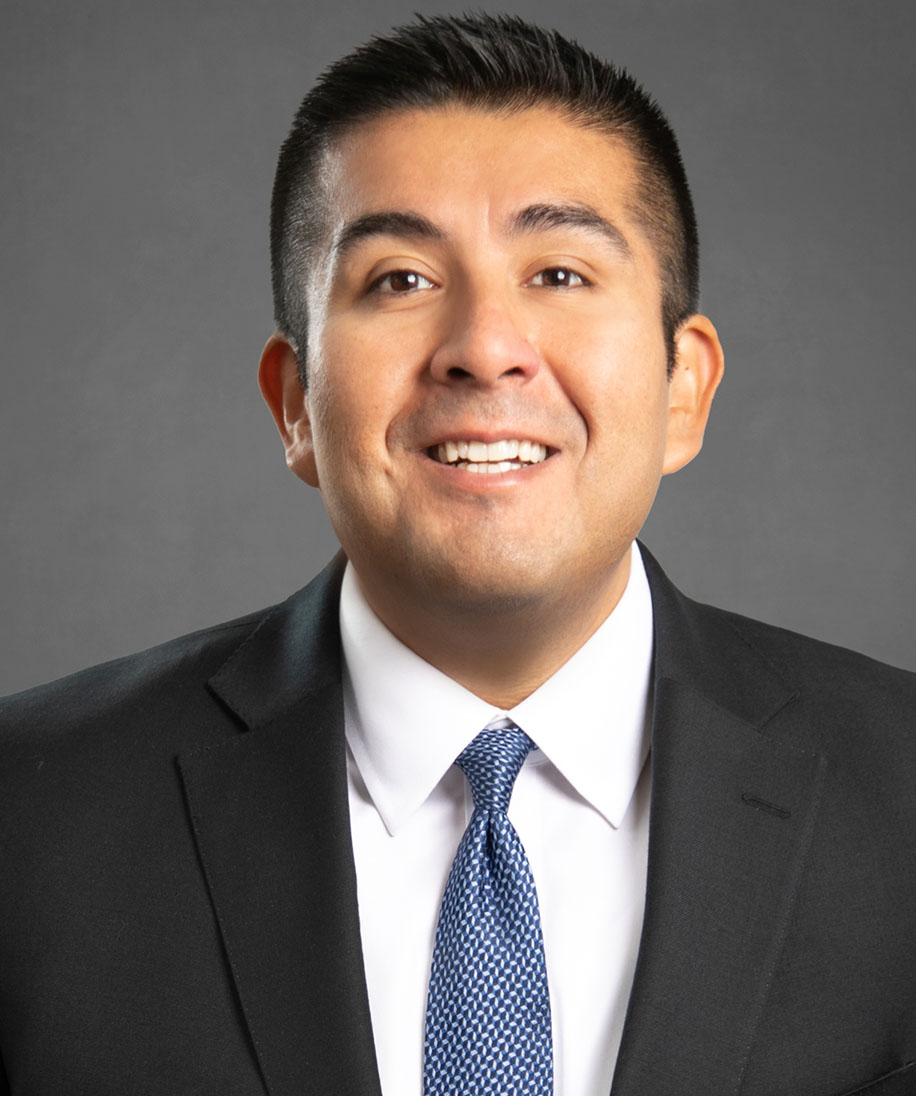Client Alert
NLRB Adopts Stricter Standard for Assessing Lawfulness of Workplace Rules
August 08, 2023
By
Al Latham,
Cameron W. Fox,Ankush Dhuparand Marisa M. ShermanThe National Labor Relations Board recently issued a decision that should prompt most companies with U.S. operations to review—and, in all likelihood, modify—their workplace rules that apply to their workforce, whether unionized or not.
On August 2, 2023, the NLRB issued its ruling in Stericycle, Inc., 372 NLRB No. 113 (2023), setting forth a new strict standard for examining the lawfulness of facially neutral workplace rules. This new standard applies to rules and policies contained in, for example, an employer’s employee handbook.
Under the newly adopted standard, a challenged workplace rule is presumptively unlawful if it has “a reasonable tendency to chill employees from exercising their Section 7 rights.” This threshold is met if an employee “could reasonably interpret the rule to have a coercive meaning[.]” The Board explained that it will “interpret the rule from the perspective of an employee who is subject to the rule and economically dependent on the employer, and who also contemplates engaging in protected concerted activity.”
Importantly, if there are two reasonable interpretations of the rule, the interpretation that it is “coercive” will prevail. The Board explained: “[I]f an employee could reasonably interpret the rule to have a coercive meaning, the General Counsel will carry her burden, even if a contrary, noncoercive interpretation of the rule is also reasonable.” This, along with the Board’s articulation of the employee-activist’s perspective, means that benign, commonplace rules of all kinds will be deemed presumptively unlawful, as the dissent predicts.
An employer can rebut this presumption by demonstrating that the rule advances legitimate and substantial business interests that cannot be advanced with a more narrowly tailored rule. But the Board explained that “the employer’s intent in maintaining a rule is immaterial.”
Background
The Stericycle standard is a modified and expanded version of the standard that the Board used to evaluate workplace rules from 2004 to 2017, as articulated in Lutheran Heritage Village-Livonia, 343 NLRB No. 646 (2004). Under that standard, whether a facially neutral workplace rule was unlawful turned on whether employees “would reasonably construe the language to prohibit Section 7 activity.” The Board in Stericycle explained that it was “adopt[ing] a modified version of the basic framework set forth in Lutheran Heritage[.]” According to the Board, the modified Stericycle standard “makes explicit that an employer can rebut the presumption that a rule is unlawful” as described above.
With its new standard, the Stericycle Board rejects the most recently applicable standard established in The Boeing Company, 365 NLRB No. 154 (2017). In Boeing, the Board adopted a balancing test to evaluate facially neutral workplace rules weighing 1) the nature and extent of the rule’s potential impact on employees’ NLRA rights against 2) the employer’s legitimate justifications for the rule. Unlike the new standard, the Boeing standard permitted consideration of the employer’s business justification for enacting the at-issue workplace rule. According to the Stericycle majority, the Boeing decision gave “too little weight to the burden a work rule could impose on employees’ Section 7 rights” and “too much weight to employer interests.”
Practical Advice in Light of Stericycle
The Board’s direction is as follows: Employers “need to narrowly tailor [their] rules to significantly minimize, if not altogether eliminate, their coercive potential.”
Given this, employers should review their handbooks and other workplace rules to assess whether the rules advance legitimate and substantial business interests. They should examine whether those interests can be advanced by more narrowly tailored rules that avoid potentially affecting employees in exercising their rights. While not an exhaustive list, Stericycle is likely to apply to rules related to workplace civility, conflicts of interest, media contact, social media, confidentiality, use of intellectual property, and photography and recording.
An employer that maintains an unlawful workplace rule will likely be ordered to rescind or alter the rule, and disseminate a notice to employees informing them of the rescission or alteration. If an employee has been disciplined or discharged for violating an unlawful policy, the employer is also at risk of back pay, reinstatement, and consequential damages. Moreover, in the context of a union organizing campaign, the mere existence of an unlawful policy, even if not enforced, could be grounds to overturn the results of a union election.
Contributors





Practice Areas
Employment Counseling and Preventive Advice
Traditional Labor and the National Labor Relations Act (NLRA)
For More Information




